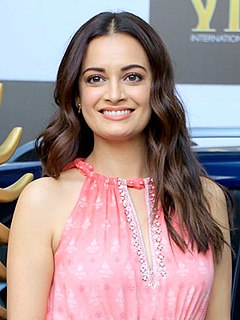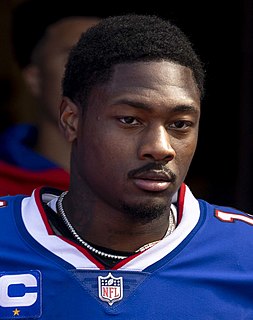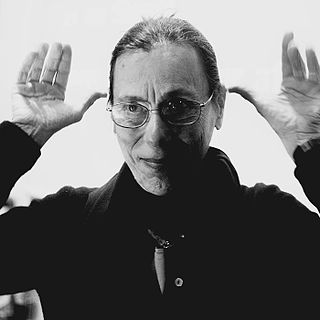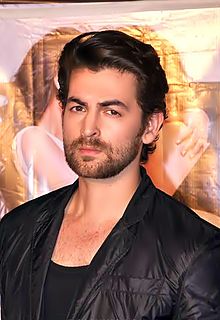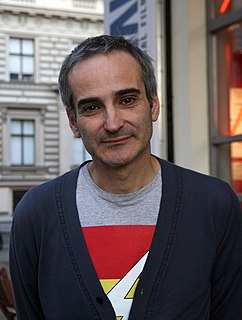A Quote by Ava DuVernay
For film, you know, the Tarantinos and Nolans of the world who are very focused on a certain kind of film aesthetic and a certain kind of presentation, to be honest, that comes from a place of privilege. It comes from a place of always having access to such, but when you ain't never - you can't see it because you can't even get to it.
Related Quotes
I should say that feminism gave me permission to deal with my own emotional life and put it up front in certain ways, or use film as a way to examine, at that time, my own heterosexual experience. Lives of Performers was the beginning of that kind of investigation. But also, the film was influenced by the aesthetics and structures of experimental film as that was taking place at the same time. Hollis Frampton was a big influence on me at that time.
Your first film is always your best film, in a way. There's something about your first film that you never ever get back to, but you should always try. It's that slight sense of not knowing what you're doing, because the technical skills you learn - especially if you have a film that works, that has some kind of success - are beguiling. The temptation is to use them again, and they're not necessarily good storytelling techniques.
I hate to write and spend months just waiting for the film to get financed. Then when you start preparing the film and you shoot it, you've already forgotten why you wanted to make the film in the first place. I like to have some kind of coherent energy that takes you through writing, preparing, shooting.
I, perhaps, at that stage, had the kind of ambition that others may have had; you know, namely based on the concept that if you were trained the world was out there waiting for you to provide a certain kind of leadership and give you an opportunity. But with the Depression, I began to see that there were certain social forces over which the individual had very little control.
You know that certain things that you use in the film are going to be shown to audiences five hundred times before they ever sit down to watch the movie. So you have to kind of modulate what can I do to give marketing enough material but that I can still withhold certain things so that it's fresh and surprising for the audience coming to see the movie.


